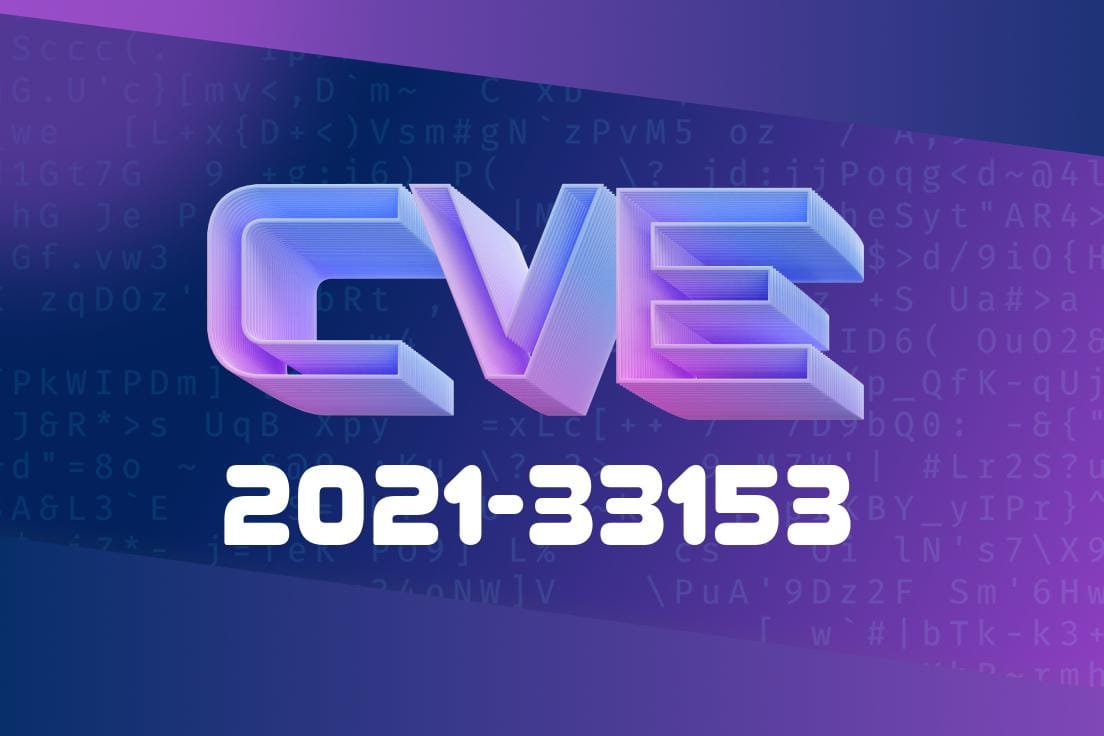---
When browsing vulnerability databases, you may stumble on entries like CVE-2021-33153—and find very little information beyond the stark note: *"This is unused."* In this read, we’ll break down what this means, why these CVE entries exist, and help you avoid confusion if you come across similar cases. We’ll include examples, code snipplets for CVE checking, and guide you to relevant official sources.
What is CVE-2021-33153?
CVE-2021-33153 was reserved as a Common Vulnerabilities and Exposures ID. According to public records, this CVE is listed as rejected with the note:
> "REJECT This is unused."
This means the identifier was never assigned to an actual vulnerability, exploit, or security issue.
Duplicate IDs: Sometimes, two IDs are issued for the same weakness.
- Not a Flaw: Upon review, the ‘issue’ is found to be non-impactful or not a true security risk.
Clerical error: Sometimes a CVE gets reserved by mistake and never filled out.
With CVE-2021-33153, no technical details, product, or vulnerability was ever tied to this ID.
Reference Links
- MITRE CVE List: CVE-2021-33153
- NVD - National Vulnerability Database Entry for CVE-2021-33153
Here’s what you’ll see
!MITRE Screenshot
*No description, no impact, no CVSS score—just a rejection reason.*
Can You Exploit CVE-2021-33153?
No.
Here’s a simple Python code snippet to check if any real CVE data exists
import requests
cve_id = "CVE-2021-33153"
url = f"https://cve.circl.lu/api/cve/{cve_id}";
response = requests.get(url)
if response.status_code == 200:
data = response.json()
if data.get("summary") is None:
print(f"{cve_id} has no associated vulnerability—probably rejected or unused.")
else:
print(f"{cve_id} details found: {data['summary']}")
else:
print("CVE API lookup failed.")
When you run this, you’ll see the output confirming there’s no vulnerability tied to this ID.
Check the official CVE entry. Always confirm the reason—sometimes, details are updated.
- Update your vulnerability scanners. If your tools flag this as a risk, you may want to review their rules.
How to Handle Reserved, Unused, or Rejected CVEs in Audits
Many organizations automatically scan for vulnerabilities based on CVE IDs. Some tools may flag *reserved* or *rejected* CVEs:
Final Thoughts
CVE-2021-33153 is an example of a *ghost CVE*: it has an official listing but no real-world effect. Security teams, developers, and network administrators should be aware of such entries so as not to chase non-existent bugs or worry about non-issues.
If you’re uncertain about any CVE, always check the MITRE CVE database or the NVD. Familiarity with how vulnerabilities are cataloged and retired is a key part of modern security hygiene.
Bottom line:
*CVE-2021-33153 is unused. There are no exploits, no risks, no patches needed. Recognize rejected CVEs and focus your energy on real-world threats.*
References
- MITRE CVE-2021-33153
- NVD Entry
- How to Read a CVE Record
*If you found this guide useful, consider sharing it with your IT or security team to help everyone stay focused and informed.*
Timeline
Published on: 01/01/1976 00:00:00 UTC
Last modified on: 09/04/2025 00:40:36 UTC
